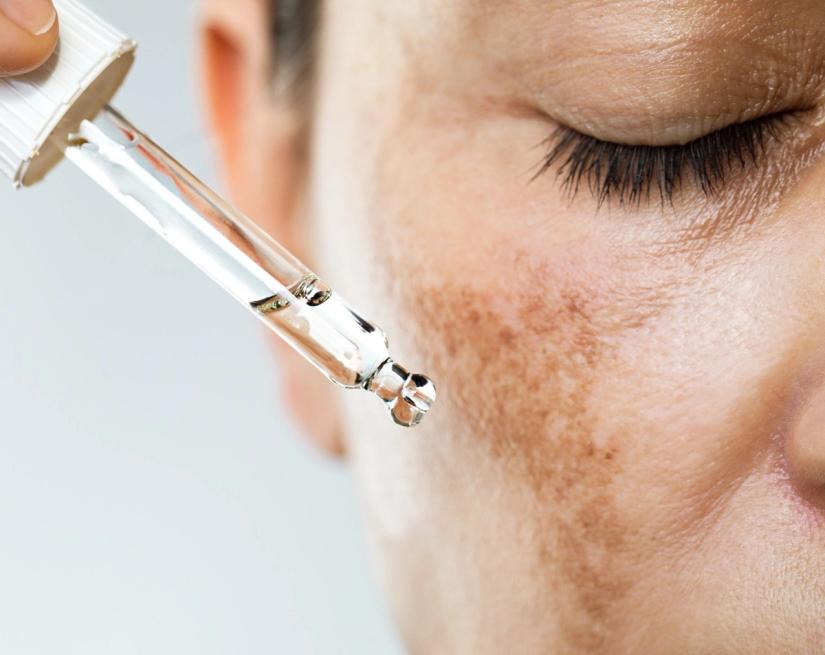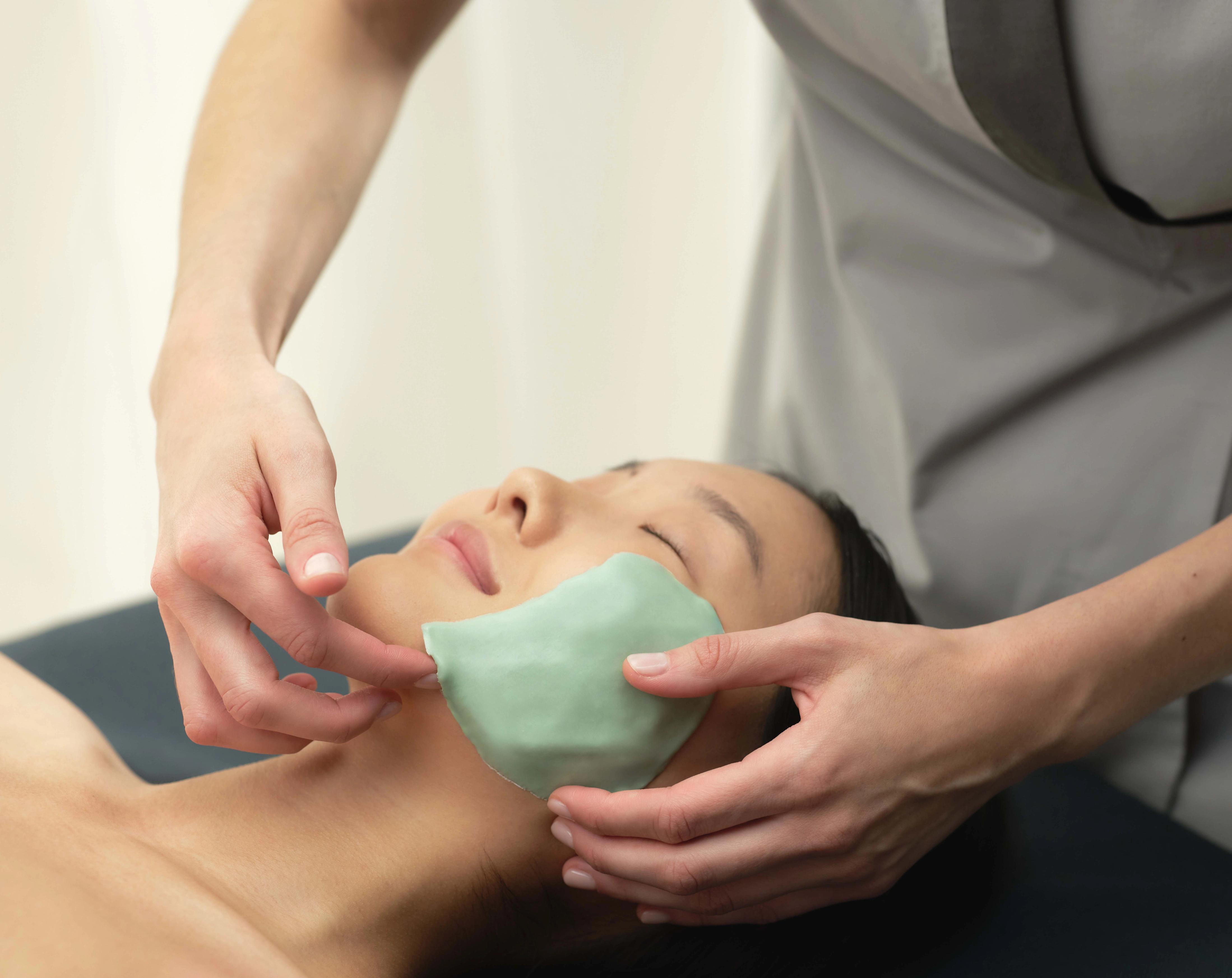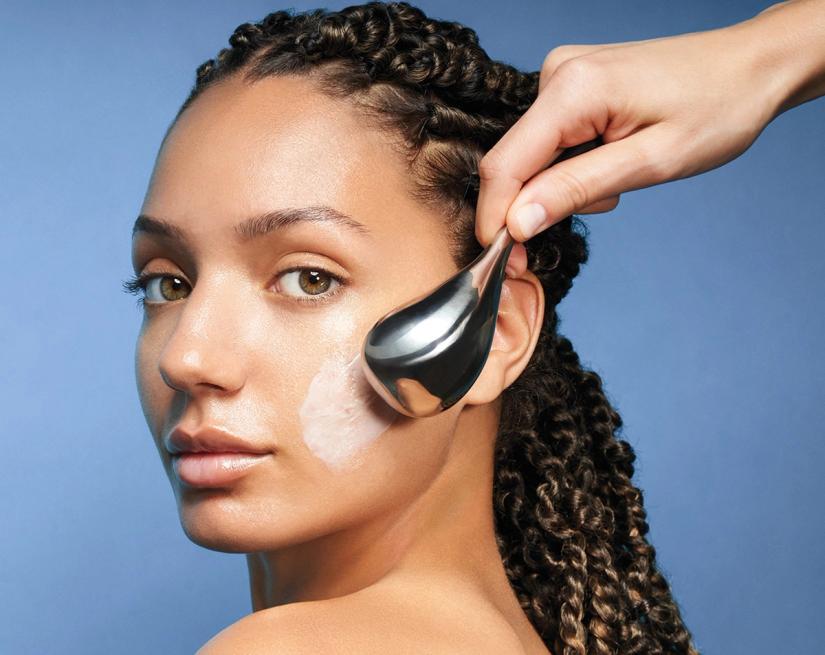skin care
Marula Oil Benefits, Uses, And Precautions
Maria Giulia Simonazzi | International Training Manager
10 min read
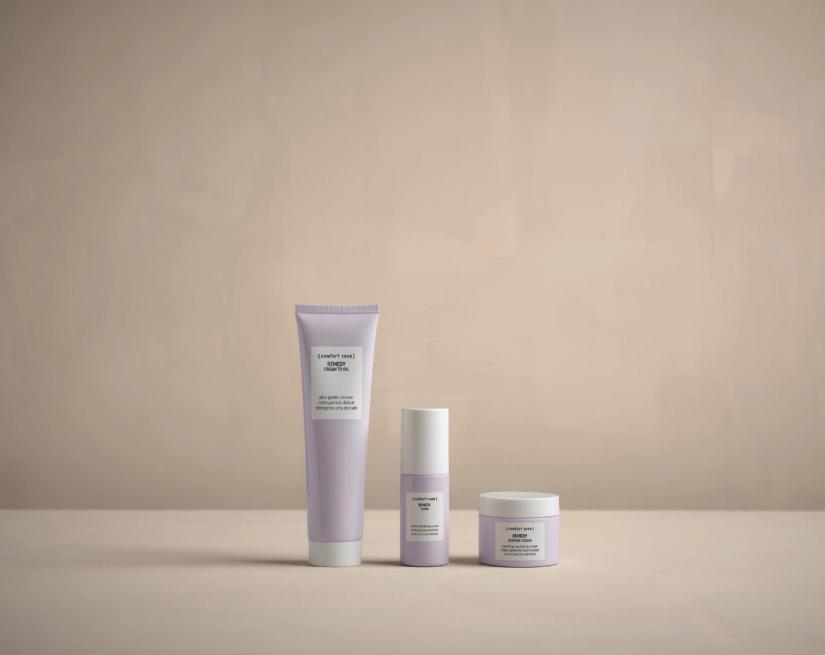
We all know the importance of moisturizing. Keeping the skin well hydrated can not only make your skin look nice (hello, dewy glow) but it can also heal and nourish the skin on a deeper level. Facial oil is one such way to keep the skin healthy, even, and hydrated. Some oils do more than just hydrate the skin, working as a double cleanser to get the skin extra clean.
There are many different types of face oils out there from jojoba to coconut oil, leading the average consumer to wonder, are they all created equal? The answer is, not exactly.
Some face oils can clog pores and leave the skin feeling oily while others offer a whole myriad of benefits for every skin type. Cue: Marula oil. This fatty acid-containing oil does a lot more than simply hydrate the skin.
Below, we’re sharing everything you need to know about marula oil, including what it is and why incorporating marula oil-containing products into your skincare routine is worth your while.
"Did you know that Marula Oil has an edible version? Marula Oil can be used as a cooking oil, for garnish, and salad dressing. It is considered luxury food and added to a wide variety of traditional and modern recipes"
Monica Poli - Skin Tech and Device Product Manager
What Is Marula Oil?
Marula oil comes from the marula tree which is native to southern Africa. Historically, the Marula trees only grew wild and were actually quite rare. They were linked to fertility and happy marriage by some African tribes. Today, Marula trees are cultivated so they are no longer as rare as they used to be.
There are different parts of the marula tree that have been used in foods and as medicine throughout Africa for many years. Marula trees have fruit that contains a hard nut with white kernels inside. The oil itself can be extracted from these kernels or from the nut’s outer husk.
Because marula oil is absorbed easily, it works well as a skin and hair product. It is considered an emollient, meaning it soothes, softens, and adds moisture to the areas where it is applied. Marula oil softens skin by sealing in hydration.
It also has antioxidant, anti-inflammatory, and antibacterial properties that help it protect the areas where it is applied and potentially even soothe reddened areas of the skin. Pretty much anyone can use marula oil and it hasn’t been found to interact negatively with other products. However, it is ideal for people who have dry or cracked skin.
What Is the Difference Between Marula Oil and Argan Oil?
Marula oil is commonly mixed up with Argan oil. These two oils have similarities and differences. Both contain antioxidants, vitamin E, and fatty acids. All of these factors make both oils very soothing and healing for the skin. The fatty acids found in both oils are oleic acid and linoleic acid. Marula oil has a higher concentration of oleic acid, making it deeply moisturizing. Another difference is that marula oil contains vitamin C, while argan oil does not. Argan oil is more often recommended for acne-prone skin while marula oil is recommended for aging or sun-damaged skin.
Marula oil has a light texture and rich moisture, making it ideal for use on hair, skin, and nails. You may find marula oil as an ingredient in certain cosmetic and skin care products, such as creams and serums. Marula oil can also be purchased on its own as an oil.
The components of marula oil that make it beneficial include:
- Amino acids. Marula oil contains the amino acid L-arginine and glutamic acid which help with hydration and anti-aging.
- Fatty acids. The fatty acids found in marula oil help with moisturizing the skin. Some fatty acids found in marula oil include palmitic, stearic, oleic, and myristic acids.
- Antioxidants. Marula oil contains antioxidant compounds as well as vitamins E and C. These properties help to fight free radicals and help to protect the skin, preventing damage from UV rays and pollution.
The hydrating and healing properties of marula oil can be applied to more than just the skin on your face (although, this is a great way to use it). Marula oil can also be used on hair and nails as well.
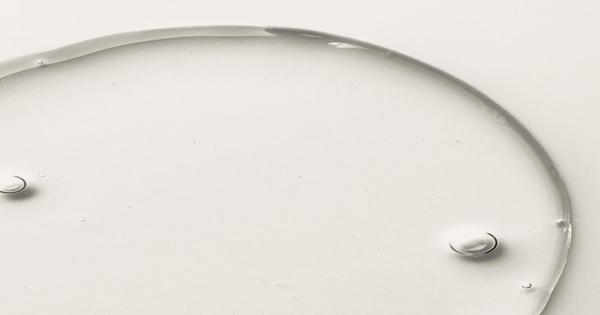
Marula Oil - Face
Benefits of using marula oil on the face include:
- Adding moisture and hydration to the skin
- It is lightweight and won’t leave a greasy residue
- It is very versatile and can be used on dry or greasy skin
- The properties are similar to the natural oils found in the skin
- Marula oil doesn’t clog pores (like some other oils do) because it is non-comedogenic
- The antioxidant properties help it protect and heal the skin and give it anti-aging properties
- In addition to hydrating skin, it can also prevent and soothe redness because of its anti-inflammatory properties
- It can help other products work better and penetrate the skin
- It can be used with any product. There haven’t been any products or ingredients that are found to be harmful when combined with marula oil so it’s okay to incorporate it into your daily routine without taking any other products out.
There are many ways that you can use marula oil on your face. You can purchase products that contain marula oil or go get a spa treatment that uses marula oil-containing products. Some people opt to use the oil on its own or to use it in the form of a cream or serum that contains marula oil as an ingredient.
Marula Oil - Hair
Marula oil can also be used to hydrate and nourish the hair. It is beneficial since it adds moisture to the hair without being overly greasy. It is beneficial for dry and frizzy hair because of its occlusive properties that prevent water loss.
Some other benefits of using marula oil in your hair include:
- It is lightweight. Sometimes hair oils can weigh down the hair, diminishing volume. Marula oil is lightweight so it can add moisture without weighing down the hair or making it look too greasy.
- It absorbs easily. This makes it effective in hydrating the hair and adding a shiny look.
- Antioxidants nourish hair follicles. This can help with split ends and just nourish the hair altogether.
- Helps prevent frizziness. If you have frizzy hair then marula oil might help tame your mane. The fatty acids help to lock moisture into the hair strands.
- Balances out natural oils. Marula oil hydrates and protects the scalp and it even helps balance out the natural oils of the scalp.
- Protective properties. Marula oil protects the hair from damage that could be caused by UV rays and pollution.
- Promotes hair growth. Using marula oil can help your hair grow more fully and longer.
The hydrating and healing properties of marula oil can be applied to more than just the skin on your face (although, this is a great way to use it). Marula oil can also be used on hair and nails as well.
Marula Oil - Nails
Marula oil can also be applied to the fingernails. It helps to keep the nail beds and cuticles hydrated and healthy. Applying marula oil to your nails regularly might help to boost the health of the nails and prevent hangnails as well as cracked skin.
Ways To Use Marula Oil
From hair and skin products that contain marula oil as an ingredient to using the oil on its own, there are a number of different ways to incorporate this powerful ingredient into your beauty and wellness routine.
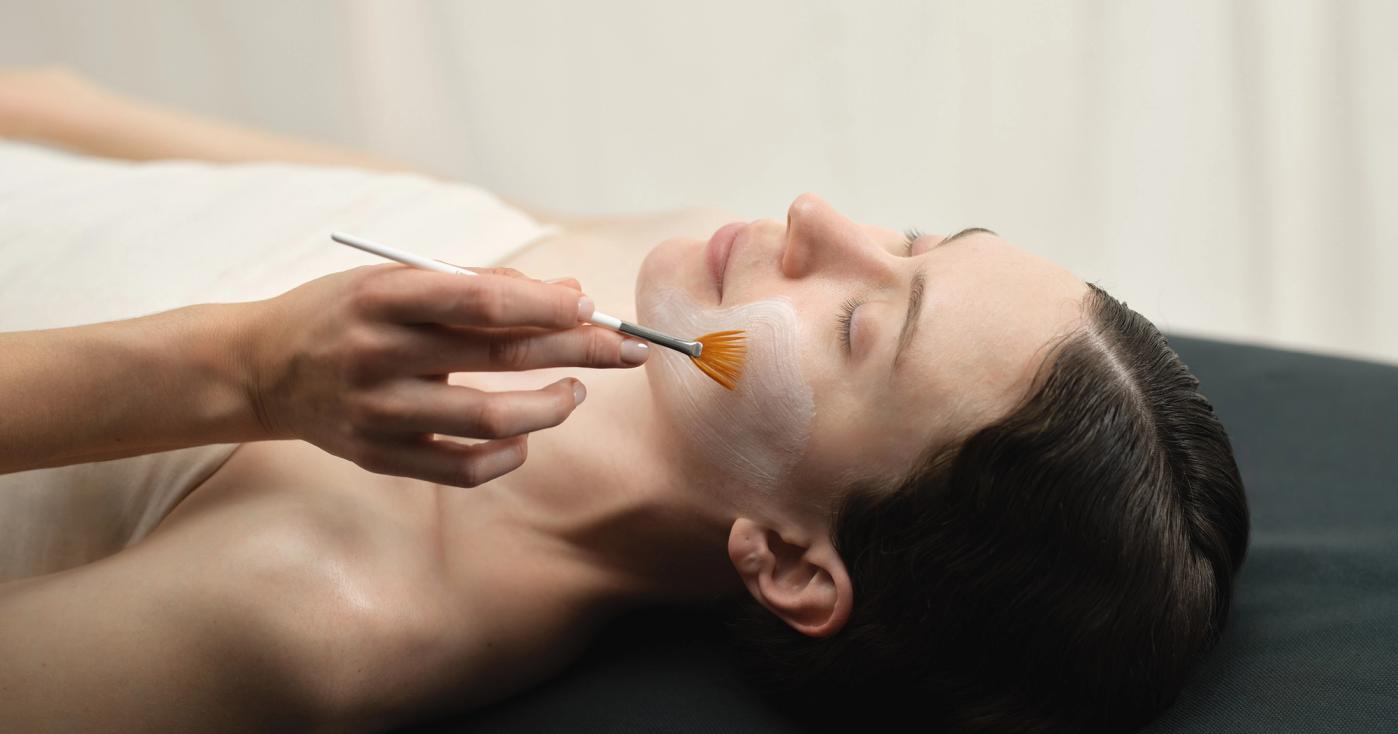
Marula Oil - Face and Body Lotions
Marula oil can also be applied to the face and body. Use it on its own or mixed in with lotion. It works really well on dry or cracked skin as a daily moisturizer. You can apply it at night or in the morning. It absorbs into the skin well so it’s okay to apply it before applying makeup or other products to your skin. Marula oil is a great treatment for particularly dry areas of the skin, such as the elbows or knees.
Marula Oil - Shampoo and Conditioner
There are some shampoos and conditioners that are made with marula oil added to it. Check the ingredient labels when shopping for shampoo to find one that contains the hydrating ingredient. If you already have a shampoo that you love, simply purchase some pure marula oil and add a few drops to it before you wash your hair. You can also try adding marula oil to your hair before washing it as a pre-shampoo treatment.Marula oil can also be used to condition the hair and scalp. It works well to help nourish split ends and it can help with dryness and dandruff on the scalp. Simply massage it into the end of the hair or scalp, depending on what your needs are. It works well as an anti-frizz treatment when applied to the hair after washing.
Are There Any Side Effects?
There are no specific side effects to using marula oil. However, if you have a nut allergy you could potentially have an allergic reaction. Always use marula oil externally and avoid getting it in your eyes. If you’re worried about how your skin might react to marula oil, try applying a few drops to a small area of your skin before using it, this is called a patch test. Look for any signs of irritation, such as redness, swelling, hives, or itching.
How to properly perform a patch test:
- Apply three to four drops to the inner arm
- Check the area in 24 hours for any signs of irritation
- You're safe if there are no symptoms of hives, redness, or irritation.

Marula Oil Is a Versatile Ingredient
Marula oil is one of the latest and greatest skincare ingredients. It can be used on the face, body, hair, and even nails for replenishment and moisture. This versatile and nourishing oil can be used with other products with a very low chance of negative side effects. Just about anyone (with any skin type) can benefit from Marula oil. Incorporate this ingredient into your routine with a marula oil serum–you won’t regret it.
